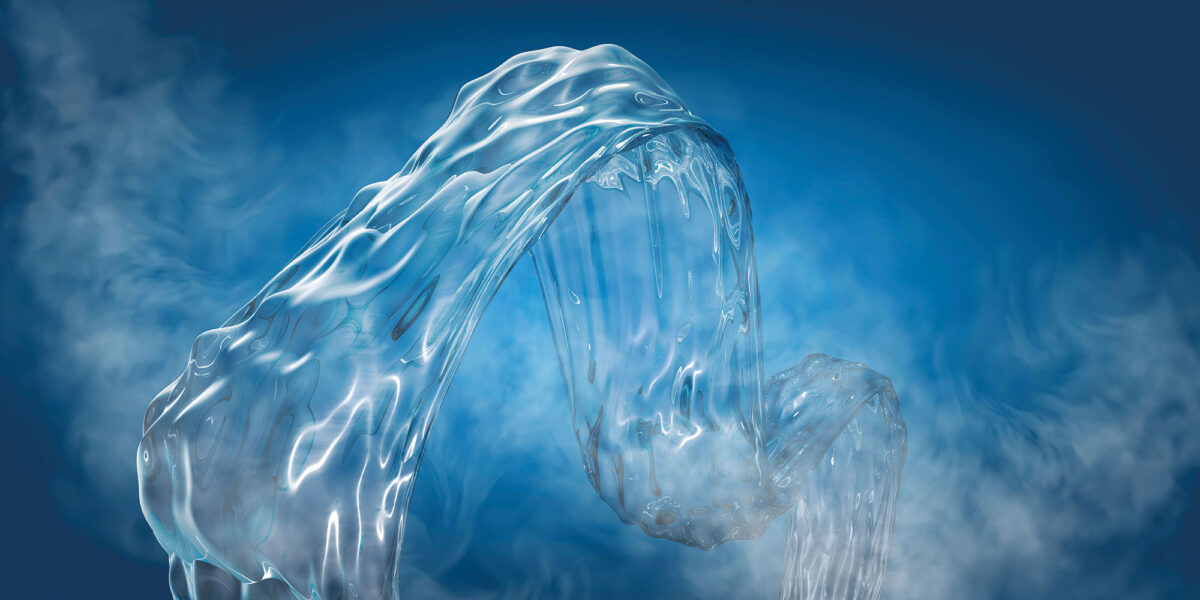Kraiburg TPE’s new Thermoplastic Elastomers meet Strict Water-Contact Compliance Rules

Non-crosslinking TPEs target cold, warm and hot water applications
Germany’s Kraiburg TPE GmbH & Co. KG this week at the Fakuma fair launched Thermolast DW –– a new family of thermoplastic elastomers for use in the drinking water and sanitary industry that are in compliance with new UBA (German Environmental Agency) specifications. The strict new standard, called KTW-BWGL, is replacing previous guidelines for organic materials in contact with drinking water and becomes binding for TPEs in March 2025.
At the Oct. 17-21 trade show (Stand B5-5303), the company said these compounds are intended to be used for seals, sealings and components such as showerheads, and meet all relevant requirements in the European Union for final products that come into contact with cold water, warm water and, for the first time, hot water.

Hartmut Arheidt: “We expect the final KTW-BWGL certification to be provided before the end of this year.” Courtesy of Kraiburg TPE
The so-called Hot Water TPEs in the Thermolast DW series will replace the firm’s previous DW and DW/CS products. Kraiburg TPE says they are not only regarded as the first compounds of their kind for hot-water applications, but also make it the only supplier of non-crosslinking TPEs in this market segment.
These new hot-water TPEs “already meet the requirements of the KTW-BWGL standard for organic materials in contact with drinking water even today,” says Hartmut Arheidt, market manager industry. “All relevant tests have largely been completed and we expect the final KTW-BWGL certification to be provided before the end of this year. This will minimize our customers’ approval effort and accelerate the launch of next-generation applications.”
Various performance advantages
Thermolast DW compounds are also said to provide better compression set at higher temperatures and can be processed more easily due to improved flow and demolding properties. The range of types of materials comprises products with different hardness grades and with secure adhesion to polypropylene or polyethylene in multicomponent compounds.
The new compounds are tasteless and odorless and provide smooth surfaces directly from the mold, without requiring any finishing. Kraiburg TPE says that extensive testing has also proven the compounds’ reliable resistance to the growth of microorganisms in accordance with EN 16421 (formerly DVGW W270). The drinking water approvals relevant for the European Union will have been obtained prior to the commercial launch in the first quarter of 2024.
More sustainable grades, as well
Kraiburg TPE at the fair also is promoting second- and third-generation bio-based TPEs that contain up to 71 percent of renewable raw materials that are not in competition with the production of food or animal feed.
Additionally it is showcasing TPEs with higher proportions of recycled materials –– up to 80 percent from post-industrial and/or post-consumer waste streams. These grades can be used universally and offer high adhesive strength in multicomponent compounds with plastics such as nylon, polypropylene or PC/ABS.
